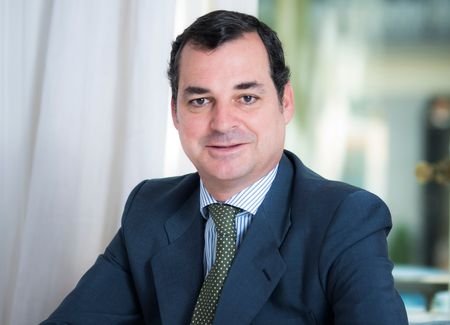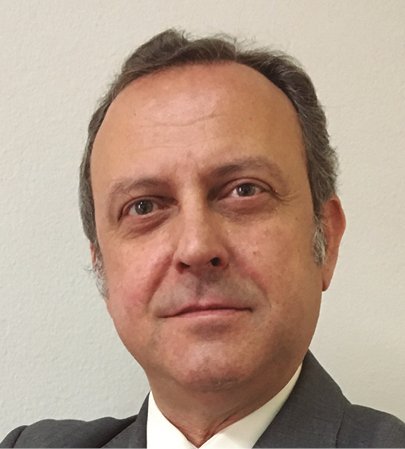‘Regulatory avalanche’ driving demand for banking and finance advice in Andorra
The role of finance and tax lawyers is changing, with a greater emphasis now being placed on assessing the risks associated with clients’ activities
Clients are facing a “regulatory avalanche” which is driving demand for banking and finance-related advice in Andorra, according to Miguel Cases (pictured), co-managing partner of Andorran-headquartered Cases & Lacambra, which has offices in Madrid and Barcelona. Meanwhile, Cases adds that there is less demand for tax planning advice, but a greater need for tax compliance-related legal services. In addition, clients increasingly call on legal advisers to assess the risks related to clients’ activities. There is also growing pressure on law firms to provide added-value for clients, though this is becoming a more difficult task due to the fact that, in an increasingly competitive market, many firms are able to provide a similar level of service to clients. Consequently, firms have to be more innovative in their approach and constantly strive to offer cutting-edge legal services.
“The legal landscape in Andorra has changed completely in recent times and looks set to change further in the next two years,” Cases explains. “However, the core challenges facing this jurisdiction are largely the same as those in neighbouring countries – not only are we experiencing a regulatory avalanche that is not going to go away anytime soon, we are moving away from what we used to call tax and legal planning for example, to more compliance- driven actions.”
Changing roles
Cases argues that the role of financial services and tax lawyers is changing. “It used to be that the law said something and lawyers could have different interpretations,” explains Cases. “Now, even interpretation is being taken away from lawyers in that they now just take a look at what the risk factors are when carrying out a certain activity, regardless of how minimal the risks may be.” Cases adds: “This is something that five or ten years ago, didn’t happen.”
In order to adapt to these new compliance-related requirements, lawyers must find innovative ways to give added value when providing services to clients. “Added value used to be something as simple as a lawyer having knowledge about something that everyone else didn’t have,” explains Cases. “It was about being special – perhaps a specialist in corporate M&A transactions or having particularly good English – and special meant you were an option, as you were able to solve a problem because you knew about it, or did it faster and better.” However, given the transformation of the legal system in Andorra and Spain, what used to be stand-out attributes such as these are more commonly available, explains Cases. “This means that you can find many law firms with the same expertise who offer the same service you are offering. And more or less everybody now tends to work just as quickly.”
Therefore, it is vital that firms strive to remain at the cutting edge of legal service provision, according to Cases. “Sometimes the work of the lawyer is underrated,” he adds. “Law firms have to reinvent themselves, they have to be very good at what they do and be more specialised – they have to actually keep searching for new fields of advice and new products, and keep really updated.” Cases continues: “Being at the cutting edge also means being better than your competitors – and knowing even more, or similar, to what your clients know. This is a big challenge for us.”
Every problem is different
Not every problem faced by a client can be solved in exactly the same way, says Cases, who adds that added value really does depend on the situation and the client. “It’s something we have to always take a look at in respect of what the client needs,” he adds. “From our perspective, we have very sophisticated clients – therefore, for us, it’s not just about being able to give simple advice, but sometimes it’s about closely following and understanding a much more complex picture.” This means not only continuing to study and understand global economic and business trends, but also ensuring that the lawyers your firm hires are people that understand commercial organisations and have experience of what are sometimes very complex industries. “At the end of the day, adding value still comes down to solving a client’s problem,” he explains. “At least, that is what I perceive as adding value – it’s still legal advice but you properly understand what the client is seeking.”












